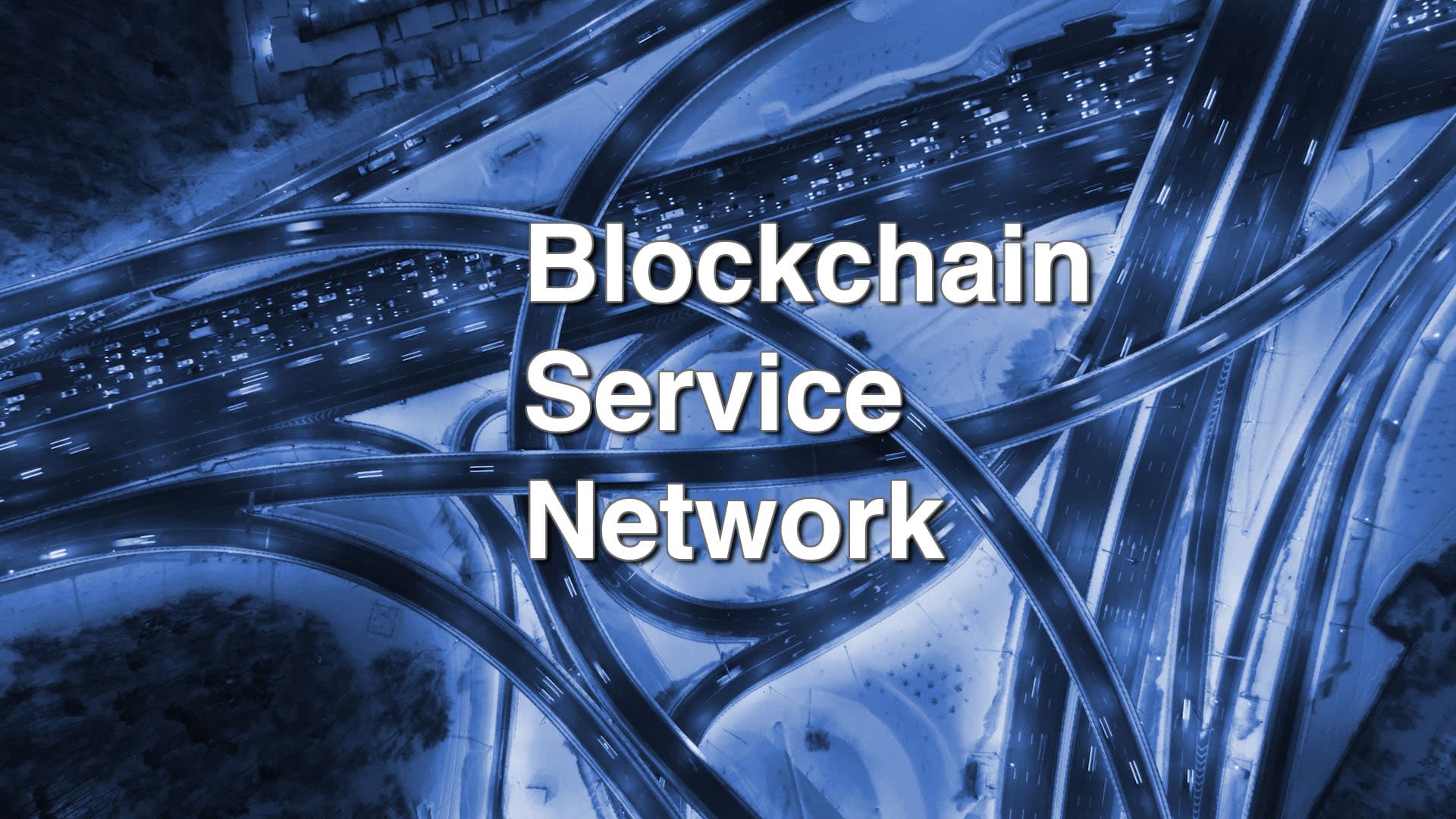China has asked for guidance from the teams behind Cosmos and ChainLink for their Blockchain Service Network (BSN), it was revealed last month. Researchers have called upon both companies to aid their development of the BSN, which was launched alongside their Digital Currency Electronic Payment (DCEP) in April 2020, to help them build out a “service hub” which would form the bedrock of its “internet of blockchains.”
Learn more about ChainLink ($LINK).
SmartContract and Iris Foundation join BSN Development
According to reports, SmartContract, the group behind the Chainlink oracle network, will aid the BSN team in the sourcing of reliable information. Their Dapp services, potentially on Hyperledger, could allow for a cohesive and more streamline to access information.
Yifan He, BSN expert and CEO of Beijing Red Date Technology, spoke on the ChainLink addition, saying the partnership between the two, will give access to outside data from many Chinese companies, such as financial transaction information from China Union Pay, something difficult to obtain and analyze in the first place. This would then allow for BSN users to access “outside data such as stock prices and financial transactions.”
On the other hand, Iris Foundation Ltd., the company who uses the Cosmos network to integrate businesses using interchain services, will work on interoperability for the network. He described their addition as allowing for “cross-chain services between blockchains adapted in the network.”
Both companies appear to know what the State Information Center and China Mobile/China Union Pay backed BSN needs in their attempts to create a worldwide blockchain infrastructure.
And it seems they have a good chance of pulling it off as the government backing allows greater alliances and interconnectivity between the important players. One of these players and a team that looks integral to the future research is ChainLink.
ChainLink suits BSN
The chance to be part of a huge project was something ChainLink’s co founder and SmartContract CEO Sergey Nazarov, couldn’t miss. Explaining how the BSN might use his company, the co-founder said: “Chainlink provides the blockchain abstraction layer or secure blockchain middleware that enable dapp developers to create universally connected smart contracts.”
Google, through its Google Cloud uses ChainLink for a similar function as he BSN, Nazarov explained. “What BSN really cares about, much like the people we’ve worked with from Google, is this type of contract that allows blockchains to access external off-chain data,” Nazarov stated.
The need is made even greater as blockchain can’t be directly applied to application programming interfaces (APIs) and only universally connected smart contracts can create the connection and allow for off chain data.
This use case is especially needed, Nazarov claimed, for global financial product or insurance, as the contracts must have external data and ensure goods and services are delivered, which needs the universally connected contracts.
The usage of ChainLink and their services are set to continue as Nazarov told CoinDesk, “Chainlink’s technology suits BSN’s vision because the network includes multiple chains that are also supported by (his) team.”
BSN starts to build for future
Since its launch in April, the BSN has been announcing a number of partnerships with experts in the blockchain field. For example, around the initial launch the research team confirmed the plans to adapt Ethereum and EOS public blockchains into the BSN system.
A target area has been cross chain services with Polkadot one of a number of companies earmarked for positions on the interchain service. “We plan to have at least four different interchain service technical frameworks developers can choose from in the hub,” He said.
“The interchain service hub is one of the three critical parts for the national blockchain infrastructure”, He continued adding that enterprise and public blockchains into the network were the other key fields.
Despite not being finalised, the network is already proving popular. ”We have been on-boarding two to three public chains every month on average, while adapting consortium chains at a slower pace since it usually takes longer to integrate them with the network,” He claimed.
However, not all blockchain developers are pleased with the creation of the network, with some developers worried about their data being stolen as well as other privacy concerns. The BSN looked to quell the fears in their recent technical white paper, but there is cause for concern considering the nations stringent Internet laws.
Decentralised Finance (DeFi) series: tutorials, guides and more
With content for both beginners and more advanced users, check out our YouTube DeFi series containing tutorials on the ESSENTIAL TOOLS you need for trading in the DeFi space e.g. MetaMask and Uniswap. As well as a deep dive into popular DeFi topics such as decentralized exchanges, borrowing-lending platforms and NFT marketplaces
The DeFi series on this website also covers topics not explored on YouTube. For an introduction on what is DeFi, check out Decentralized Finance (DeFi) Overview: A guide to the HOTTEST trend in cryptocurrency
Tutorials and guides for the ESSENTIAL DEFI TOOLS:
- MetaMask Guide: How to set up an account? PLUS tips and hacks for advanced users
- Uniswap review and tutorial: Beginners guide and advanced tips and tricks
- Serum DEX guide and review
- SushiSwap ($SUSHI) explained
- 1inch Exchange, Mooniswap and Chi GasToken: The ultimate review and guide
More videos and articles are coming soon as part of our DeFi series, so be sure to SUBSCRIBE to our Youtube channel so you can be notified as soon as they come out!
Disclaimer: Cryptocurrency trading involves significant risks and may result in the loss of your capital. You should carefully consider whether trading cryptocurrencies is right for you in light of your financial condition and ability to bear financial risks. Cryptocurrency prices are highly volatile and can fluctuate widely in a short period of time. As such, trading cryptocurrencies may not be suitable for everyone. Additionally, storing cryptocurrencies on a centralized exchange carries inherent risks, including the potential for loss due to hacking, exchange collapse, or other security breaches. We strongly advise that you seek independent professional advice before engaging in any cryptocurrency trading activities and carefully consider the security measures in place when choosing or storing your cryptocurrencies on a cryptocurrency exchange.


